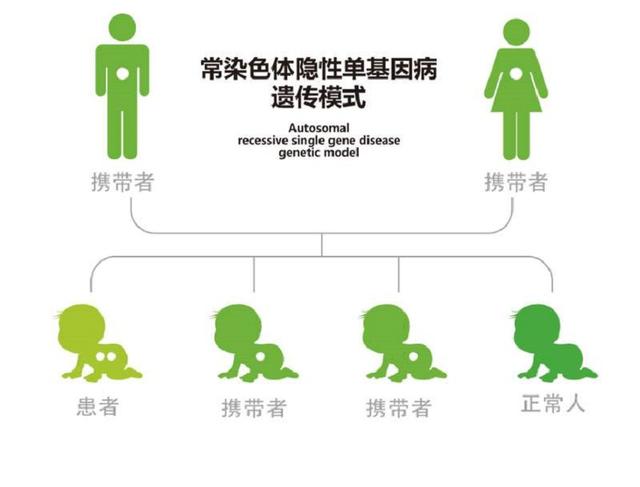
Unit 3 I’m more outgoing than my sister
Section A
1. 形容词和副词的比较等级
(一) 大多数形容词和副词有三个等级:
(1) 原级 (2)比较级 (3)最高级
(二)形容词和副词的比较级和最高级的构成
(1)规则变化;
①单音节词和部分双音节词,在词尾加-er 或-est;
②多音节词和部分双音节词,在词前加more 或 most.
(2)不规则变化

(三)形容词和副词的比较等级的用法
(1)没有比较对象或比较结果相同用原级;
(2)两者之间比较用比较级 than 是标志词
(3)三者或三者以上比较用最高级,前面一般要用定冠词 the, 句中常用in或 of 短语表示比较范围,in 表示大范围,of 表示同范围
(四)形容词和副词的比较等级的修饰词:
(1)原级:very, quite, so, too
(2)比较级:a bit, a little, rather, much, far, by far, many, a lot, lots, a great deal, any, still, even 以上词(除by far外) 必须置于比较级的前面
(3)最高级:by far, far, much, mostly, almost, very, nearly, not quite,序数词
以上词(除much外),必须置于the 与最高级之间
(五)形容词和副词的比较等级的特殊句型
(1)as … as… (什么)与(什么)一样,中间用原级,否定句第一个as可以改成so,即not as/so … as…
(2)”比较级 and 比较级”或”more and more 原级” 越来越……
(3)”the 比较级……, the 比较级……” 越……,就越……
any (other) 单数名词 比较范围
(4)比较级 than { any of the other复数名词
the other 复数名词 比较范围
=the 最高级 比较范围
(5)表示倍数的比较级的用法:
A is … times the size / height / length /width of B.
A is … times as big / high / long /wide / large as B.
A is … times larger / higher /longer /wider than B.
(6) A is the 形容词比较级 of the two … 表示”A 是两者中级┈的”

2. both, either, neither, each, all, any, every, none, no ore

(1)both … and … 两者都,主语看成复数
(2)either … or … 要么……,要么……,靠近原则
(3)neither … nor … 既不……,也不……,靠近原则
Both Tom and I are in the sane class.
Either you or I am from Class.
Neither he nor you are in America.
3. aloud. loud, loudly

Don’t make those loud noises.
She never talked too loudly.
I can’t hear you, please speak louder.
Please read aloud so that I can hear you.
4. also 也,句中
too 也 肯定句句未,有逗隔开
either 也,否定句句未,有逗号隔开
as well (as)也,句未,无逗号,无宾语无后一个as.
Tom is my friend as well.
Tom is my friend as well as Mike.
5. 反意疑问句
(1)构成:陈述句 一般疑问句?
(2)特点:前肯后否,前否后肯
(3)回答:根据事实来回答
(4)否定词:hardly, little, few, never, seldom, nothing, barely, scarcely
(5)特殊句式:
Let’s …, shall we?(其它被使句相同)
Let us …,will you?
I am …, aren’t I ?
Everyone is …, aren’t they?(指人的一般看成复数)
Everything …,doesn’t it?(指物的一般看成单数)
Nobody will …,will they/
I think …(变化根据从句,肯定否定看主句,其它复合句依主句变化)
You’d better …,hadn’t you?
Let me …,will you /may I ?

6. friend 名词,朋友
friendly 形容词,友好的,亲密的
friendless 形容词,没有朋友的,无依无靠的
make friends to sb. 与(某人)交朋友
be friendly to sb.对某人友好的
friendship 名词,友谊
A friend in need is a friend indeed.
(谚)患难中的朋友才是真朋友.
7.lazy 形容词,懒惰的,反义词hard –working.
lazy bone 懒骨头 lazy sheep 懒羊羊 lazy eye 弱视
be lazy at sth. 懒于某事
be lazy (in) doing sth. 懒于做某事
8. competition 名词,比赛;竞赛;竞争
compete 动词,竞赛,竞争
compete in 参加……竞争;参加……比赛
compete against 与……竞争;对抗……
the singing competition 歌咏比赛

9. which 哪一个,已知事物当中的某一个
what 什么, 提问事物的名称
---Which one was Lisa?
---The one with short hair.
10. win (won, won, winning)动词,赢得比赛,
beat (beat , beaten)动词 ,打败某人
winner 名词,获胜者,赢家
11. or 用于疑问句,或者还是
用于否定句,也不
用于并列句,否则;要不然,
Hurry up , or we’ll be late
,





